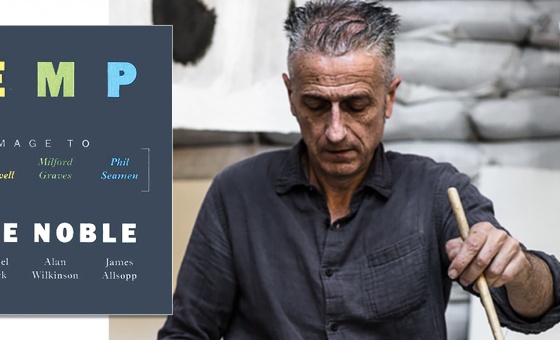This is the last article you can read this month
You can read more article this month
You can read more articles this month
Sorry your limit is up for this month
Reset on:
Please help support the Morning Star by subscribing here
Violent Borders: Refugees and the Right to Move
by Reece Jones
(Verso, £16.99)
REECE JONES’S excellent new book renders visible something which has become so taken for granted that we don’t even see it — a global system of labour control that is utterly feudal in all but name.
Jones begins by examining the increasing militarisation of borders at the southern edges of the US and EU — which between them have seen 40,000 killed in the last decade — and goes on to show how this overt violence is merely the tip of the iceberg in relation to the structural violence inherent in the global system of borders.
These killings at the frontiers of the rich world are where the structural inequality of global capitalism shows its bare arse, revealing the arbitrary and brutal means by which supposedly “natural” differences — in incomes, living standards and working conditions — are maintained and perpetuated.
As he puts it: “The violence of borders today is emblematic of a broader system that seeks to preserve privilege and opportunity for some by restricting access to resources and movement for others.”
Jones situates the current border regime in the context of a centuries-old struggle to control the movement of the poor in order to keep wages low and prevent their access to the means of subsistence.
Thus, he sees the current global border regime as effectively an internationalisation of medieval feudal legislation such as the 14th-century ordinances which punished those who “fled” their place of labour or travelled without “letters of permission” from their manor lord.
Likewise the enclosures of common land, which denied peasants access to basic resources and forced them to move to survive, are viewed as the antecedents of current global practices of resource privatisation and the mass migratory flows which result.
By the same token, today’s migrants are seen in the context of centuries of resistance to such processes.
One intriguing chapter looks at the story of the 1607 Midlands revolt against enclosure, noting that the rebels then and African migrants heading to Europe today “both found themselves contained by lines on a map that restricted their ability to move and that protected the wealth and privilege of others.”
In that sense, migration itself is viewed as a political act, a “refusal to abide by the global border regime” akin to the withdrawals of co-operation practised by those such as Gandhi, Mandela and Tubman.
This book is an excellent contribution to our understanding of how border regimes sustain global injustice — and how its victims are fighting back.
Review by Dan Glazebrook








